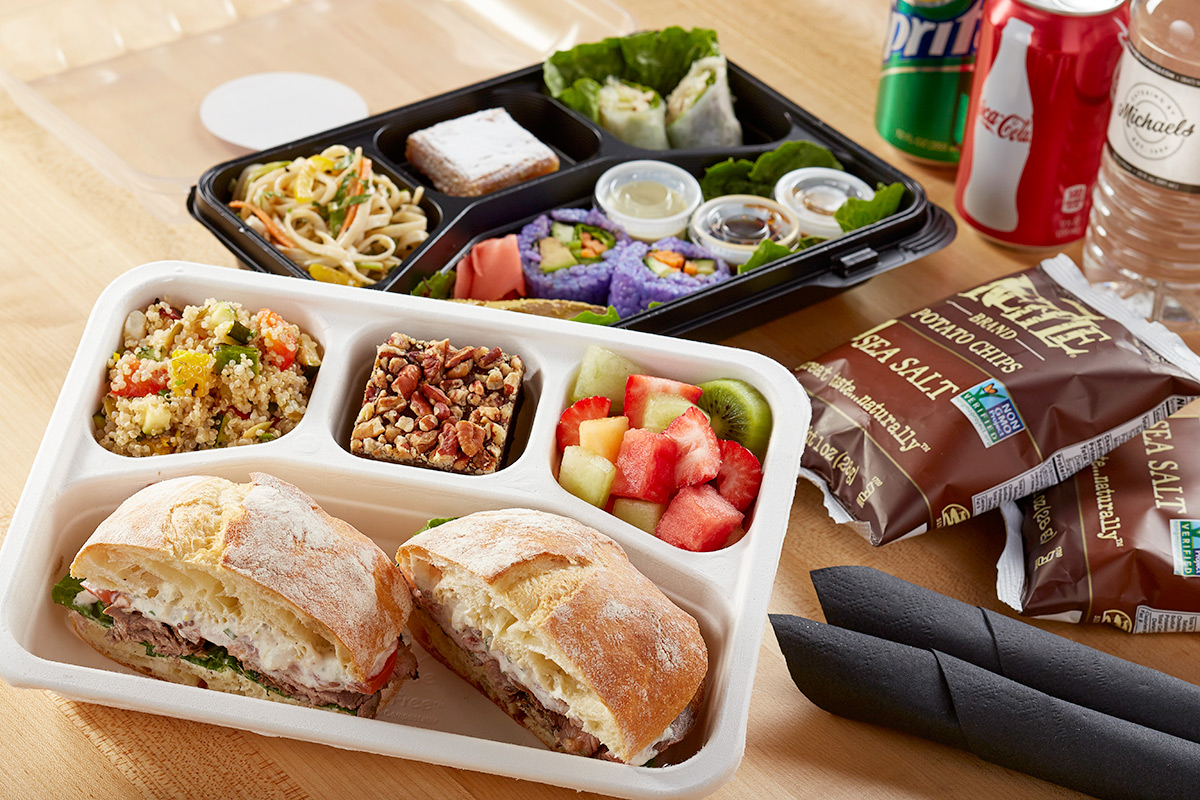Setting up a new business that is going to prepare and serve food products can be a very stressful and time-consuming task. If you have worked in the food industry for years and have a number of reliable contacts with a catering supplier, they can be useful when establishing your own business. However, once you find a property that needs to be renovated and fully or partially kitted out. You need to establish your own catering supplies provider.
One of the first steps in a full or partial refurbishment project is to select two or three suppliers and invite them to inspect your premises. You want them to provide you with a detailed quote for designing and installing your kitchen and serving area equipment. You should expect to spend a fair amount of time discussing the type of equipment you will need and putting forward your preferences or requirements on the layout. If you are opening a restaurant aiming for the high end customer market, you will have very different equipment needs than if it was a fast food take-away service.
Ultimately, the final decision on layout and equipment will lie with you, but unless you are doing all the cooking and serving yourself, it makes sense to involve the chef or cook and perhaps the head waiter or server in the planning process. This helps staff to emotionally buy into the project and can be a great motivator.
The catering supplies planner should be up to date with all the current and relevant regulations for your type of business. They will be responsible for ensuring your kitchen design and equipment meets all the latest health and safety regulations, fire regulations and food and hygiene requirements. They can provide guidance and advice on how to apply for approved status in the required areas, if they do not do it on your behalf.
A contract for the purchase and installation of equipment should also include the terms and conditions that apply to the warranty. New equipment should have at least a full years parts and labor warranty. Second hand and refurbished equipment will likely have a limited parts warranty for a shorter period of time, but is unlikely to include labor. If a piece of equipment is prone to breaking down, you may find it would have been cheaper to purchase new.
Staff training and familiarization with the operation of new equipment should be covered in the terms and conditions. Some pieces of equipment can be fairly complex and staff need to be trained in the operation and maintenance, making sure this is included in the contract with the catering supplier can help to avoid unnecessary accidents in the future.
Check the arrangements in the contract and the terms and conditions for after-sales service. Find out if there is provision for a 24 hour call out service, whether it is free of charge and what the policy on replacing faulty and defective machine is. What you do not want is to find out when an essential piece of equipment breaks down that you have to wait two or three days for an engineer to fix it, or if you do have to wait, you need to be supplied with a temporary replacement.
In addition to their design work, providing and installing equipment, fixtures and fittings catering firms can help to set up regular maintenance schedules. They are likely to employ their own engineers who are trained in working with a variety of products. However, any products that are covered by a manufacturers warranty may stipulate that only the manufacturers engineer should repair or maintain the product.
You will find that catering firms tend to fit into three categories; the fixture and fitting supplier; the accessories and utensils and the foods and perishables supplier. Only the large national companies are likely to have a division dealing with all three categories, but many of the smaller firms will cover a combination of at least two.
Signing up to purchase all your catering supplies from the one provider may entitle you to receive a discount for bulk purchase. However, it may prove safer in the long run to spread your custom around several suppliers. That way, you will never be caught short and find yourself with serious supply issues if the one provider goes bust. When negotiating the terms of your contract, it is to your benefit to ensure that you do not tie yourself into a corner by committing to a long term contract that you will find impossible to get out of.





More Stories
10 min • How to Cook Ground Chicken • Loaves and Dishes
Tres Leches Cake – The Cookie Rookie®
Single Serve Coffee Maker Lingo – A Primer on K-Cups, Pods, and T Discs